
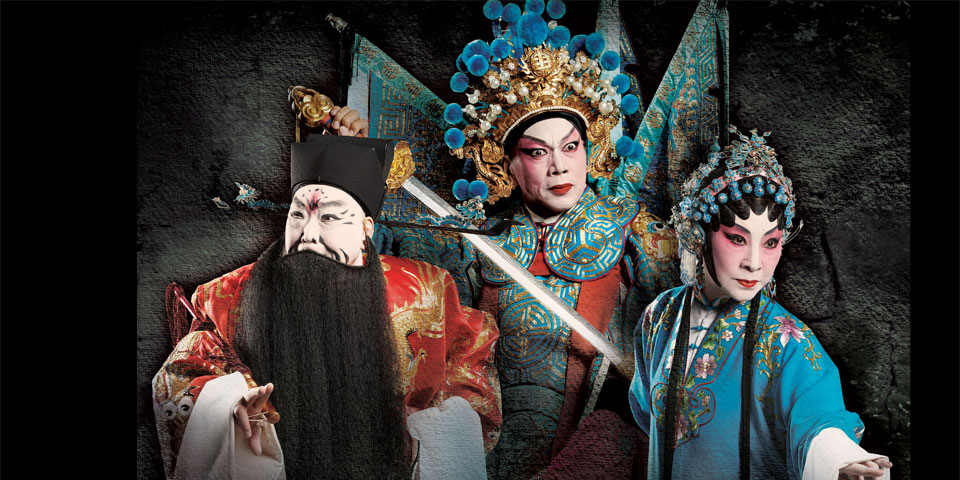
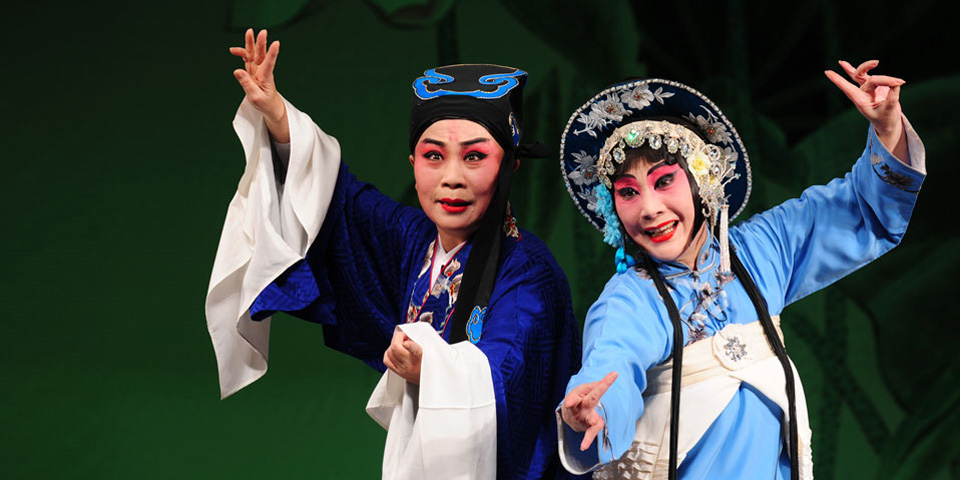
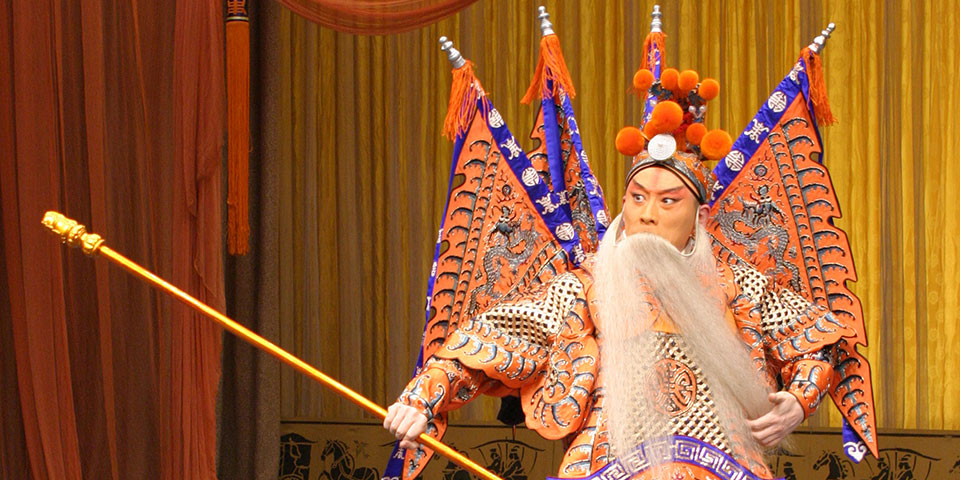
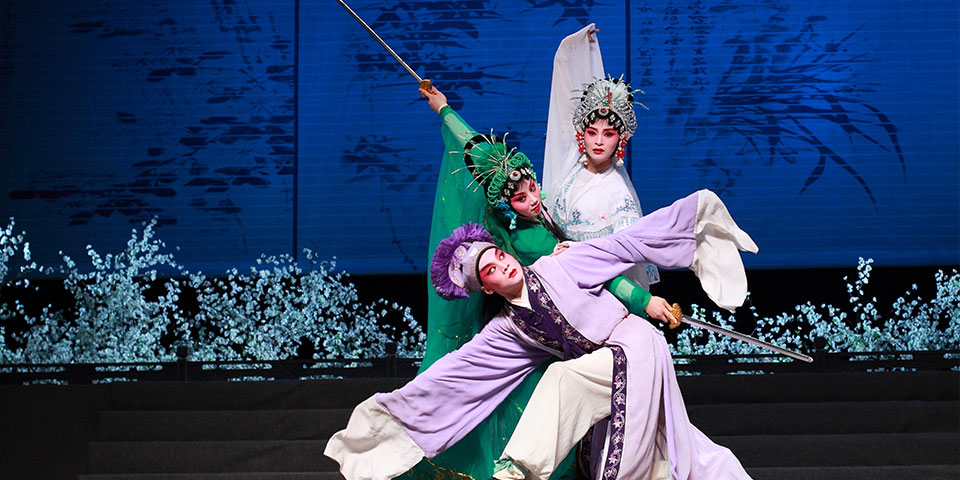
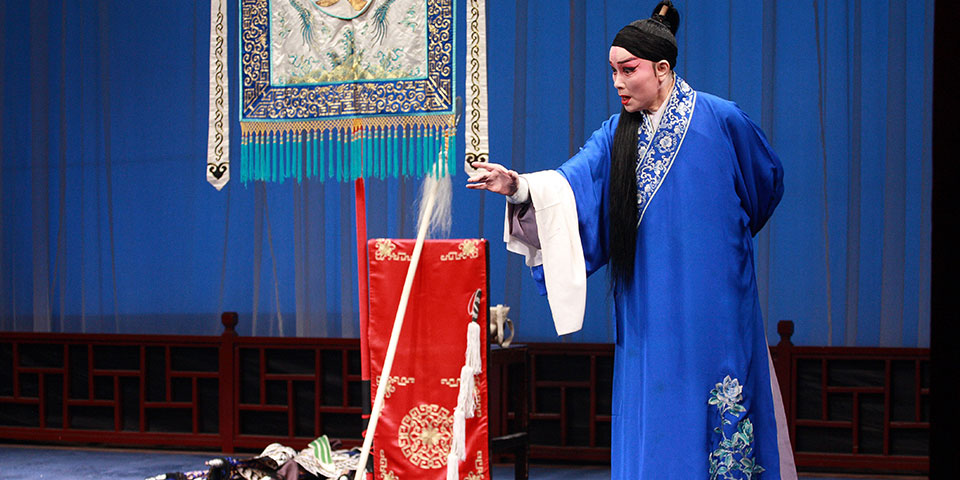
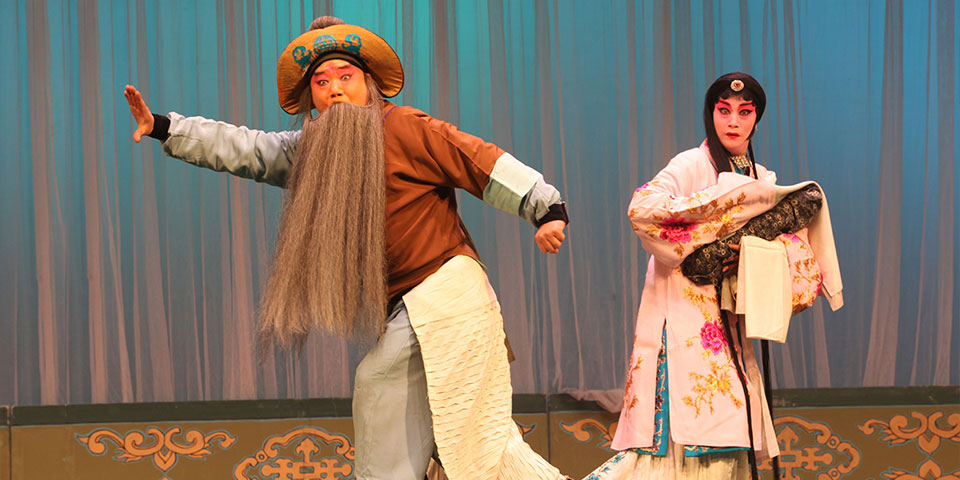
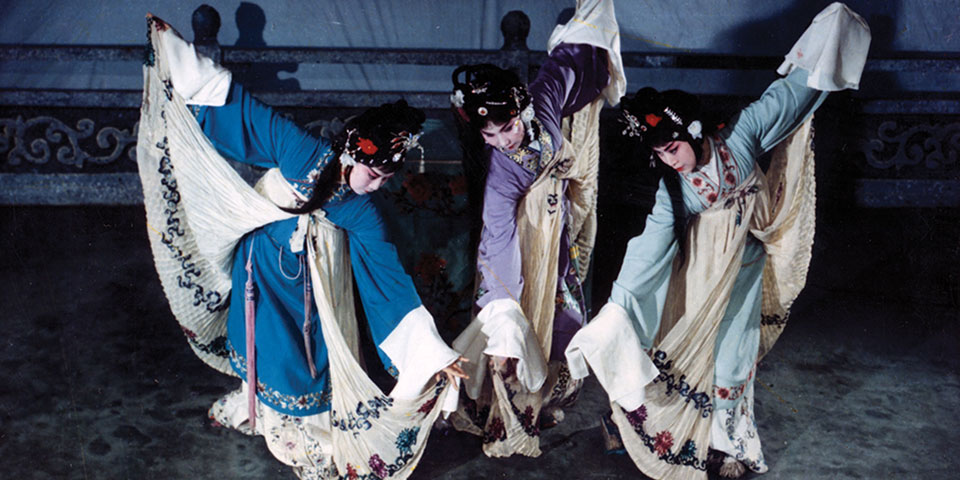
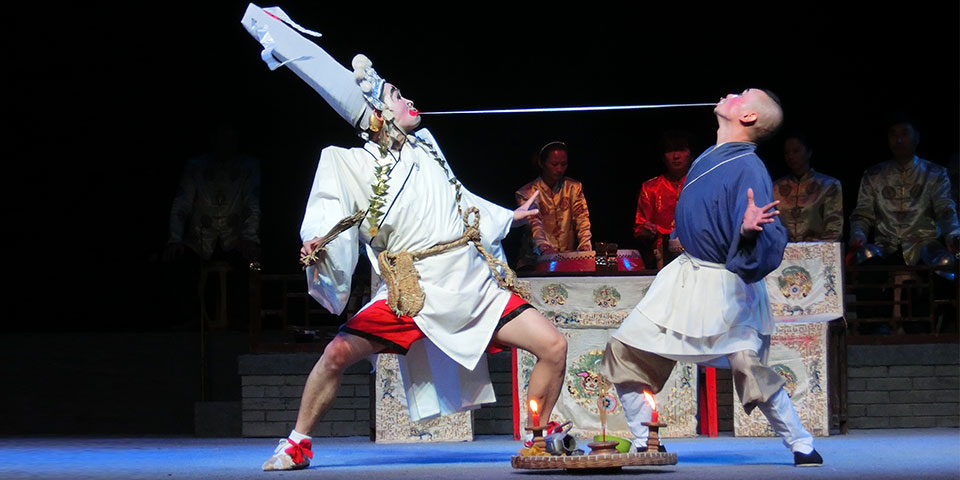
Foreword
Chinese traditional theatre is a composite performing art form which requires actors to undergo rigorous training in all four aspects of singing, delivery of lines, acting and martial arts, before they can reach the consummate states of ‘blending skills with art’ and ‘giving compelling performances through art’. Among the four aspects, ‘acting’ and ‘martial arts’ need years of punishing exercise and training before they can be delivered on stage with seeming ease and immaculate precision. In this year’s Chinese Opera Festival, we have prepared eight productions from the ‘civil’ and the ‘military’ repertories that would highlight ‘acting’ and ‘martial arts’ in Chinese opera, at the same time demonstrating the vitality of this age-old art form.
The opening programme of the Festival is Battle at Wancheng, an age-old Cantonese Opera in the traditional repertory, rewritten by Law Kar-ying of Cantonese Opera fame in Hong Kong. He will be joined by two stellar partners, Yau Sing-po and Chan Ho-kau, as the triumvirate leads in a compelling drama demonstrating both consummate artistry and charisma on stage. As for Kunqu Opera, fans will be in for a feast with several classics performed by star icons Cai Zhengren, Ji Zhenhua, Yue Meiti, Liang Guyin, Zhang Mingrong, and the outstanding actress in military roles (wudan), Gu Haohao, all from the Shanghai Kunqu Opera Troupe, a leader in the world of Kunqu Opera today.
Tianjin is the hub of famous Peking Opera actors coming from all parts of China. For the Chinese Opera Festival this year, Wang Ping, top wusheng (military male role) actor, will lead Class One Actors Zhang Youlin, Deng Muwei and Wang Yan to perform in several gems of the ‘military’ category. They will be joined by heavy-weight guest artists Shang Changrong (star of ‘painted face’ roles of ‘National Treasure’ standing), Wang Lijun and Shi Xiaoliang for a truly impressive series of Peking Opera productions. As for Kunqu Opera, its potential for new developments will be seen in the Jiangsu Kunqu Opera Theatre’s studio production of a mixed bill of The Peach Blossom Fan and excerpts from The Dream of the Red Mansion, performed by Kunqu Opera artists Shi Xiaomei, Gong Yinlei, Zhao Jian, Xu Yunxiu, Gu Jun, Li Hongliang and outstanding artists of the younger generation, Shi Xiaming, Shan Wen, Zhang Zhengyao and Xu Sijia. The venue would allow the audience to share in close proximity the angst of the tragedy of love amidst dynastic transitions and tumultuous upheavals, as well as aspects of humanity within the complex world of the Prospect Garden as narrated by the actors.
Other than the mainstream genres, regional opera is also featured highly in the annual Chinese Opera Festival agenda to give the Hong Kong audience opportunities to enjoy the many exotic styles and charm of the troupes from various parts of China. This year, we are bringing to Hong Kong the Zhejiang Wu Opera Research Centre, led by the famous actor in dan roles, Chen Meilan and a fine cast who will give bravura performances of masterly skills and martial arts. Another regional operatic genre comes from Hunan: virtuosi from the Xiang Opera Theatre of Hunan - Zuo Dafen, Wang Yongguang and Tang Bohua – will be performing works from the traditional repertory that would give us insights into the ancient culture of Chu. Appearing in Hong Kong for the first time will be the Shijiazhuang Sixian Opera Troupe of Hebei. Sixian Opera is famous for externalizing character through masterly acts. On the Troupe's debut in Hong Kong, three famous virtuosi, Bian Shusen, Zhang Helin and Yu Junxian, will be rejoining them on stage to give the local audience the rare opportunity of seeing their physical feats. Also making its debut in Hong Kong is diaoqiang, a genre that boasts a history of more than six hundred years. It retains traits of the theatrical traditions, music, song and dance of Tang and Song periods. It is therefore remarkably different from other forms of Chinese opera. Some of the plays in the traditional diaoqiang repertory retain the age-old format of ‘singing with percussion accompaniment only and without the use of wind and string instruments, with chorus to back up the actors’ singing’, which may well be described as a living fossil of aspects of Chinese ancient culture.
During the Festival, there will be the usual variety of extension activities, such as theme talks, Chinese opera film screenings, guided appreciation sessions, talks given by artists on their art, exhibitions etc.. A symposium on the vocal styles of Chinese traditional theatre will be held, with academics in the field on the Mainland and stars in local Cantonese Opera being invited to share their practical stage experience, views and research findings with all those participating. There will also be a special feature, a talk series entitled Reminiscences – The Predecessors of Cantonese Opera, as a tribute to five seasoned artists and academics who have contributed tremendously to the local Cantonese Opera art scene.
Cultural Presentations Section
Leisure and Cultural Services Department




